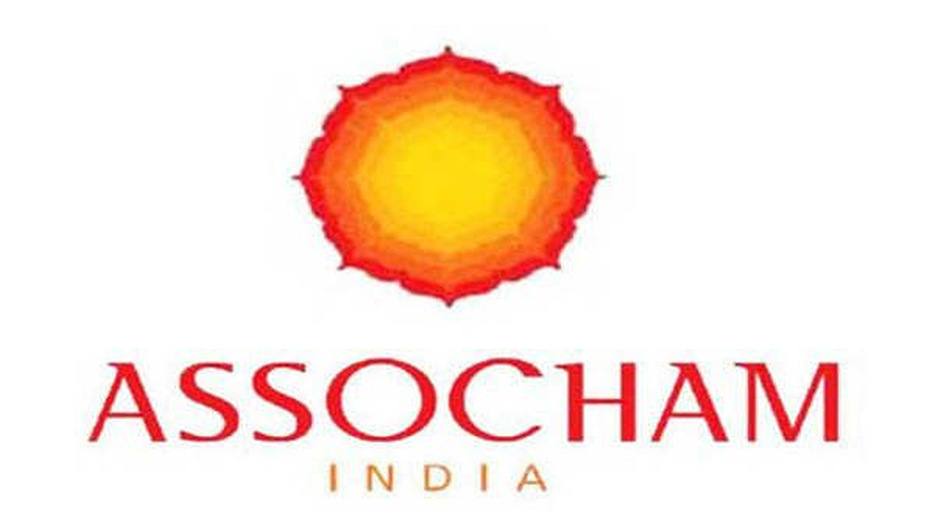Industry lobby Assocham on Wednesday urged the Central government to re-impose 10 per cent customs duty on import of paper and paperboards from the Asean as the zero rate leads to a loss of estimated revenue of Rs 80 crore per annum to the government.
According to the industry chamber, along with a loss in revenue, the imports lead to an export of domestic jobs to other countries and significantly impacts economic viability of many paper mills across the country.
Advertisement
“Nil rate of customs duty on import of paper and paperboards from Asean countries leads not only to revenue loss of about Rs 80 crore per annum to the Indian government but it also leads to exporting of domestic jobs to other countries and significantly impacts economic viability of many paper mills across India,” Assocham said in its pre-Budget recommendations on indirect taxes submitted to the Central government.
The industry chamber pointed out that while import of paper and paperboards from Asean (Association of Southeast Asian Nations) and China into India has increased at a compounded annual growth rate (CAGR) of 39 per cent and 14 per cent respectively, it is likely to accelerate further in view of higher capacity creation in China and Asean duty moving to nil rate from January 1, 2014.
In its recommendations, the industry lobby suggested that the government kept the paper and paperboard products in the negative list while reviewing existing and formulating new free trade agreements (FTAs) in order to provide a level-playing field to the domestic industry.
“Such measures would ensure that capital already invested and proposed to be invested in further capacity creation by domestic industry is safeguarded, incentivised and grown further,” said Assocham.
According to the industry chamber, the current demand for paper and paperboards in the Indian market was 14.4 million tonnes per annum (MTPA) or about 3.6 per cent of the global demand and was expected to rise to 20 MTPA by 2020, thereby clocking a CAGR of about 7 per cent.
Though domestic industry has made significant capital investments to ramp up capacities in the paper and paperboards sector, its economic viability was severely impacted owing to availability and cost of raw materials and other inputs, said Assocham.
“Even as industry is grappling with the issue of producing paper and paperboards at competitive costs, the problem has been exacerbated by government’s policy of extending preferential tariff treatment to the sector under FTAs and other bilateral/multi-lateral trade agreements and pacts,” said D.S. Rawat, Secretary General of Assocham.
Assocham said India had signed an FTA with Asean as per which import duties on most of the paper and paperboards was progressively reduced from a base rate of 10 per cent to 7.5 per cent from January 1, 2010, 5 per cent from January 1, 2011, 2.5 per cent from January 1, 2013 and to nil rate from January 1, 2014.
Further, economic slowdown in developed economies and export dependent economies like Asean have led to excess capacity in paper and paperboard manufacturing countries.
As such, these countries find India as an attractive outlet for diverting their excess inventory thereby taking advantage of low customs duty rates, Assocham said.











